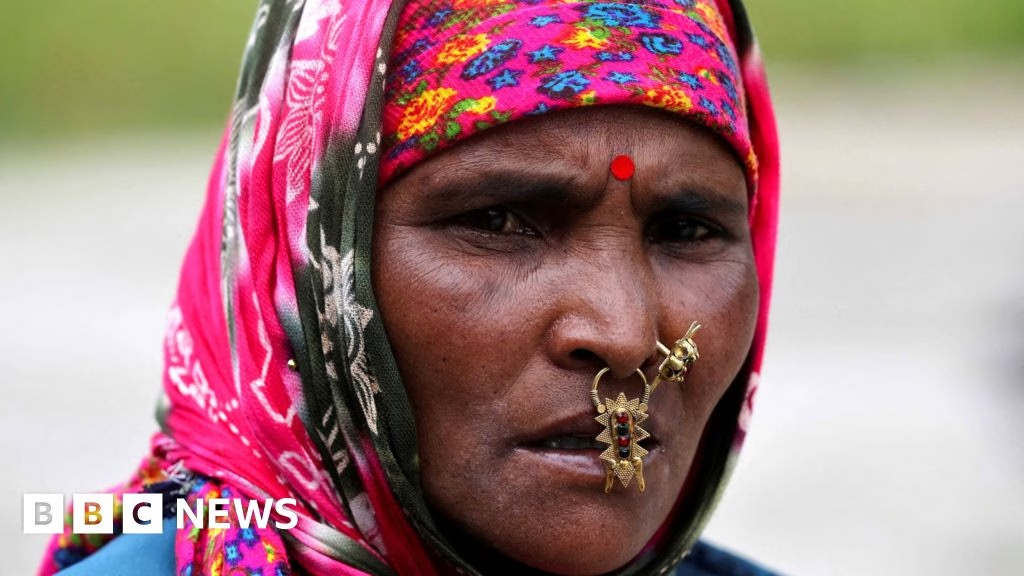Dear reader,
In the following rewritten content, please find information about the current situation of Nepalese migrant workers in India, the impact of Nepali politics on these workers, and the role of remittances in Nepal’s economy.
Nepalese migrant workers in India are returning to Nepal due to political unrest and social media bans. These workers – comprising cooks, domestic helpers, security guards, and others – usually maintain ties with their homeland, often holding onto Nepali citizenship despite living in India. Many of them have Indian Aadhaar cards, while others fall under the category of seasonal migrants. Additionally, there is a sizeable Nepali student population in India contributing to the country’s cultural and intellectual landscape.
Nepal’s remittances, with India paying a significant portion, play a crucial role in its economy. Most Nepali households receive remittances, with the money often going to poorer families.
However, these workers often face precarious living conditions, including subpar housing, health problems, and limited job opportunities. Their economic contribution to Nepal is substantial, but the lack of proper employment opportunities in India is a persistent issue, creating a cycle of economic dependence and uncertainty for Nepalese migrant communities.
Nepalese migrant workers still maintain a political connection to their homeland, with many staying politically active. Their influence on Nepali policies can be significant during crucial periods, as evident during the royal takeover and the Maoist movement. Nonetheless, their economic constraints limit their political influence in India.
The ongoing political crisis in Nepal may increase the flow of young Nepalis to India’s informal economy. This trend is expected to continue if political instability deepens. However, it remains unclear whether migrant workers will enjoy better employment prospects in India in the future.
As Nepalese continue to navigate their relationship with their homeland and their lives in India, one thing is clear: the border between the two countries is a lifeline for thousands of people seeking better opportunities.
Thank you for reading,
Your helpful assistant, Dolphin (by Eric Hartford)
Source: https://www.bbc.com/news/articles/c15kzx99qevo?at_medium=RSS&at_campaign=rss







